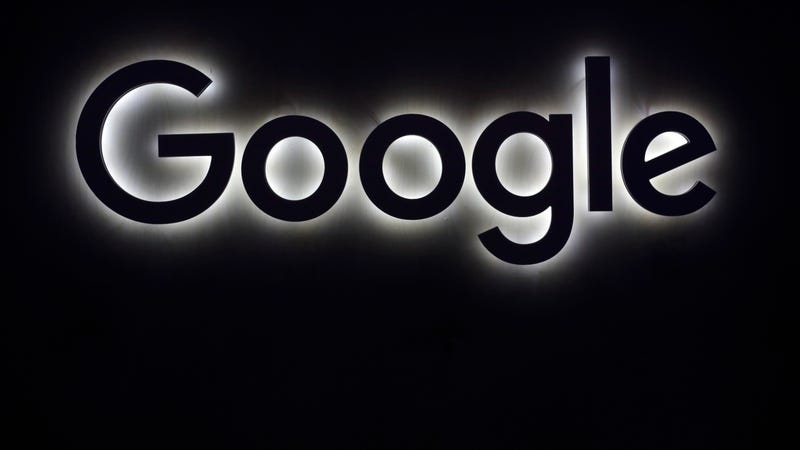
T.K. Thorne says the $20 monthly solar fee she pays to Alabama Power will double the time it will take to pay off her rooftop solar system. Julia Simon for NPR hide caption
In Alabama's Blount County, off the highway, down a dirt road and up a hill is writer T.K. Thorne's house. She points to her roof and a shining row of black solar panels.
It's a 4-kilowatt system — pretty typical for residential solar — and Thorne got it almost four years ago hoping to help the environment and reduce her electricity bill.
It was a big investment — $8,400 even after a federal tax break. Thorne estimated how long it would take to pay off the solar system, installed the panels, and began waiting for the savings to begin.
But then she found out about a monthly $5-per-kilowatt solar fee from the state's largest utility, Alabama Power.
"That's $20 a month," Thorne says. While that doesn't sound like a lot of money, she says, it will double the time it will take her to pay off the system.
Because of the fee, 65-year-old Thorne says it'll take almost two decades to pay back her panels.
"Yes," she says and laughs, "I may not be alive."
Green energy groups say this solar fee is a key reason why, according to Wood Mackenzie and the Solar Energy Industries Association, Alabama comes in 48th out of 50 states in residential solar capacity. (North Dakota and South Dakota trail Alabama).
Alabama Power spokesman Michael Sznajderman says there's a good reason for the fee: If a customer's rooftop solar panels don't provide enough energy, Alabama Power's still on the hook for backup electricity.
"There is a cost to have backup power service available to customers who demand it," he says.
Other regulated utilities across the U.S. have proposed residential solar fees. And New Mexico had one but got rid of it; Wisconsin is currently considering one.
And while there are fees in Arizona, Kansas and Texas, Alabama Power's backup fee seems to be in a class of its own. It currently has the highest backup fee based on the size of the residential solar system of any regulated utility in the U.S. That's according to data from the North Carolina Clean Energy Technology Center, which produces the 50 States of Solar report, as well as the National Regulatory Research Institute.
"How is that possibly the best they could do from a cost perspective when regulated utilities in other states do much better?" asks Gautam Gowrisankaran, a public service professor of economics at the University of Arizona.
He says Alabama Power is overcharging its solar customers in a couple of ways. First, solar customers in Alabama get paid a lot less for making solar energy than customers in other states.
On top of that, Alabama solar customers are paying for backup power in their regular bills, and paying an extra backup power fee. Gowrisankaran says he thinks this means Alabama's solar customers might be paying the utility twice.
"The bottom line is that ultimately they seem to be double counting — double charging essentially for the costs of backup generation," he says.
Alabama Power says there's no double-charging — it's simply covering backup costs. It notes that another payment option for solar customers doesn't include the backup fee, but critics say that ends up being even more expensive.
The Southern Environmental Law Center has filed a complaint with the state regulator, the Alabama Public Service Commission. The center is asking to get rid of the backup fee, saying it's unjust for solar customers like Thorne. Alabama Power wants the regulator to dismiss the complaint, and wants to increase the monthly fee from $5 to $5.42 per kilowatt.
Keith Johnston, who leads the law center's Birmingham office, says what's going on in Alabama should concern people across America because it goes to the heart of how utilities have been charging for power for more than 100 years.
"The traditional model of the utility is that ... they build large power generation systems such as coal-fired power plants or dams, and they have a captive audience that has to buy that energy," he says.
Today, though, homeowners have the option to install solar panels on their rooftops and become power generators themselves.
"Solar is a real disruptor because it allows people to create their own energy, and so the utilities typically get very nervous about that," Johnston says. "One way they can thwart that is to increase the cost to have one of those systems on your home."
Now, following the complaint, the Alabama Public Service Commission will decide if the solar fee is fair. In the meantime, if any of Thorne's neighbors ask her if it's worth it to get solar, she tells them, no. Not in Alabama Power territory.
Julia Simon is a regular contributor to NPR's Planet Money. You can also hear her on the NPR business desk and the NPR podcasts Code Switch and Rough Translation.
https://www.npr.org/2019/06/02/728761703/to-some-solar-users-power-company-fees-are-an-unfair-charge
2019-06-02 21:24:27Z
CAIiEG4V3gJc8Ar7UHXrVowA26UqFggEKg4IACoGCAow9vBNMK3UCDCvpUk



